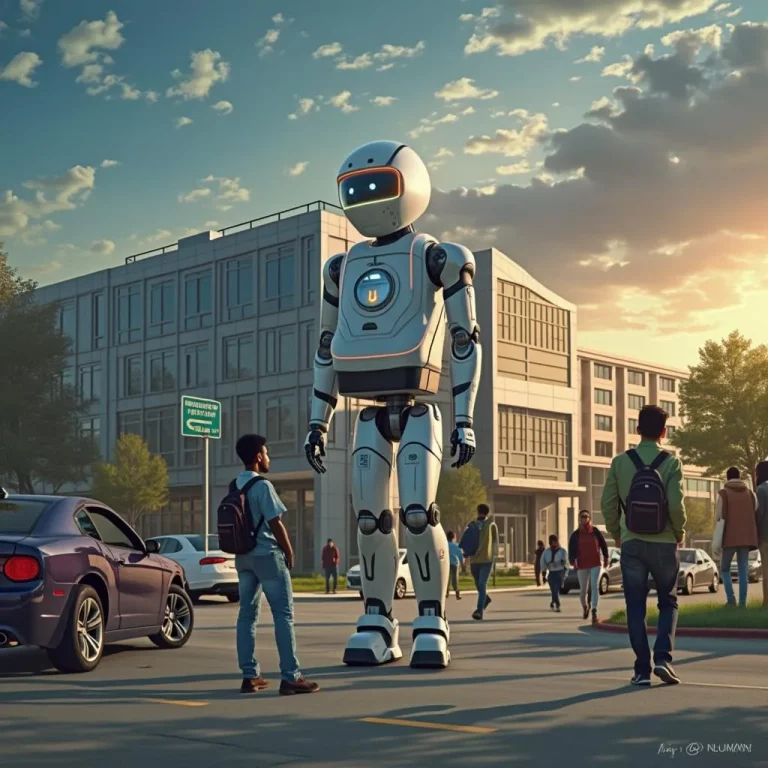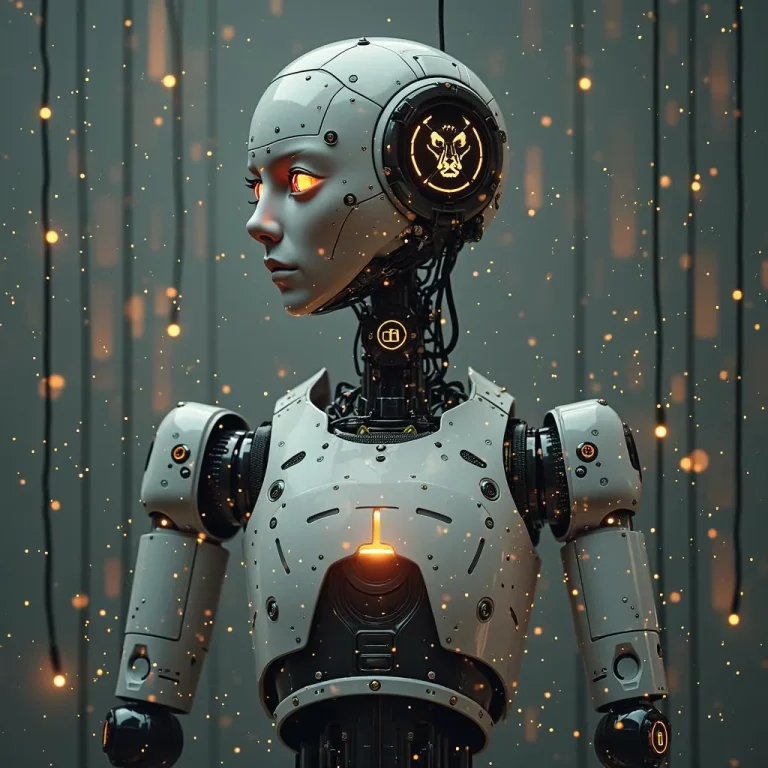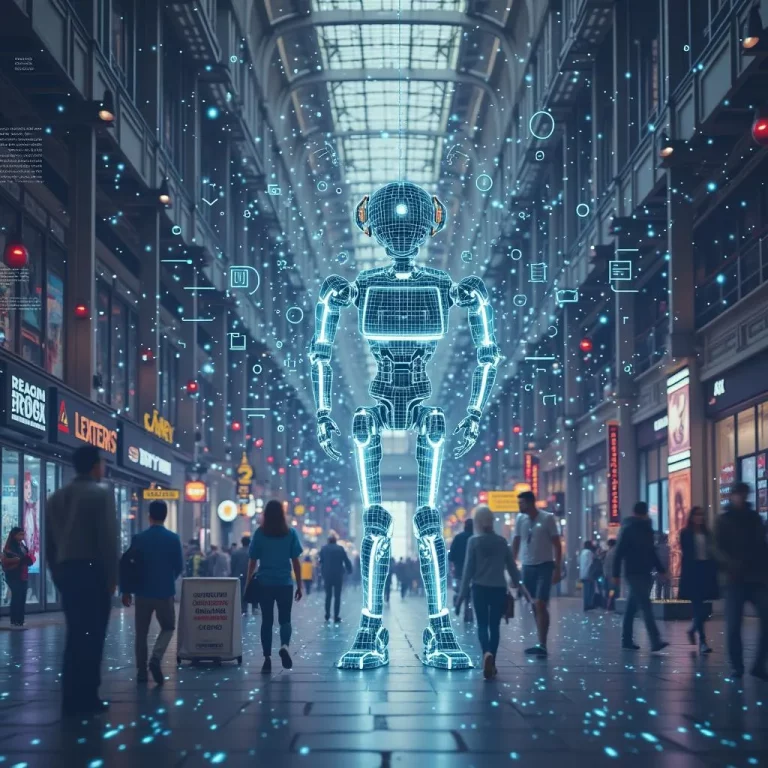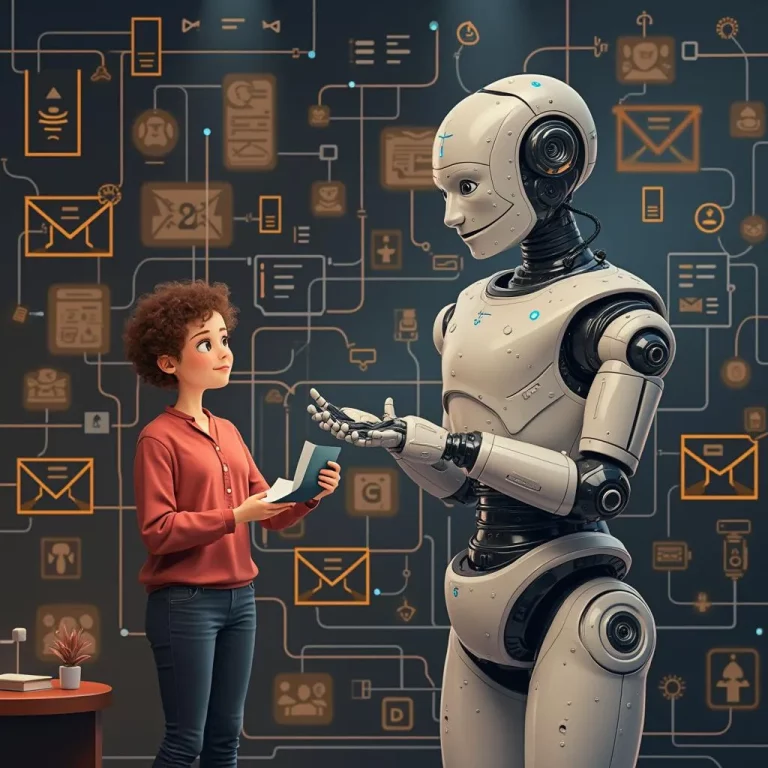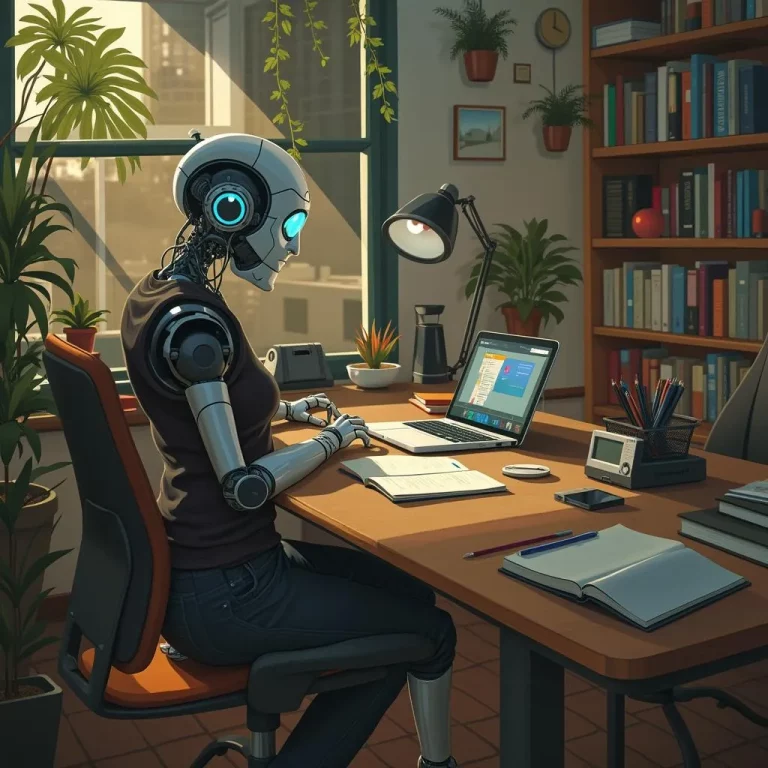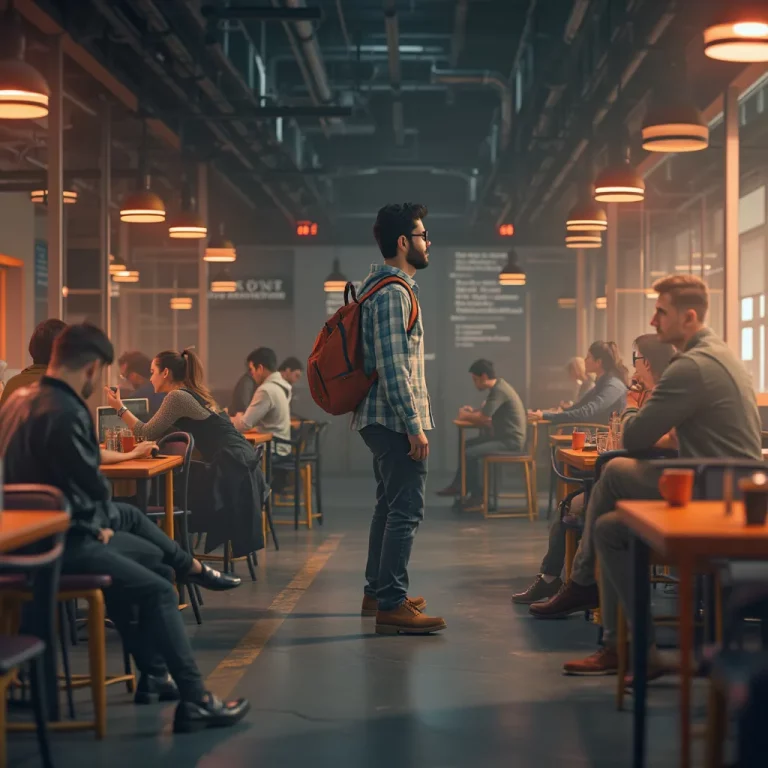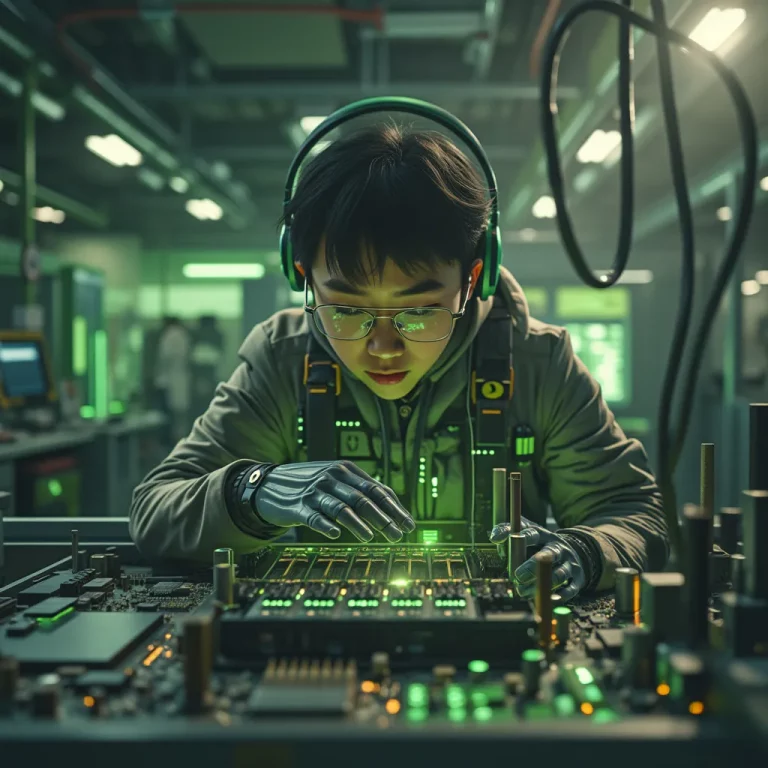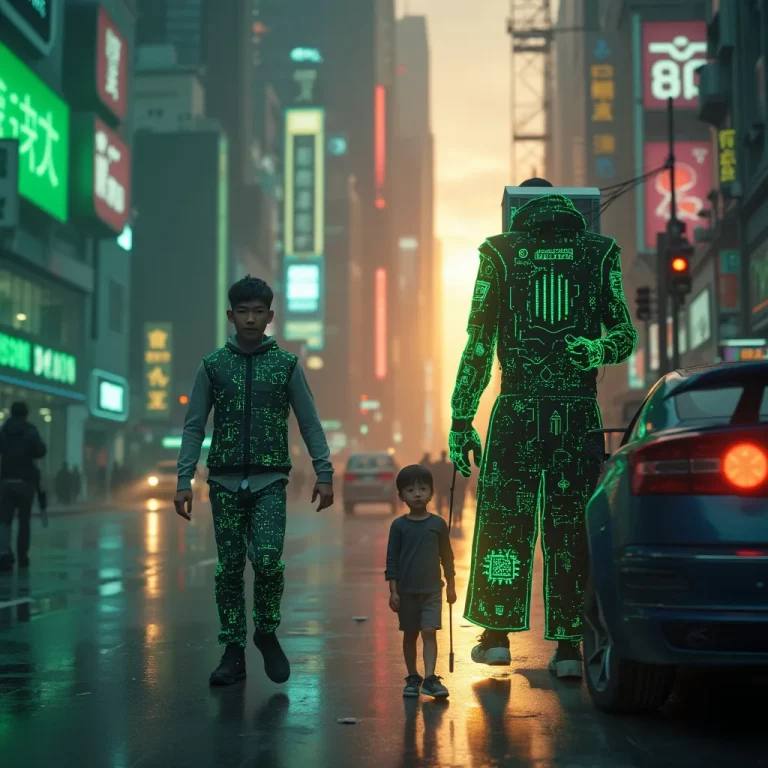AI Hallucinations: Are Machines More Truthful Than Humans?
- 0 reactions
- 1 week ago
- Flaik.ai
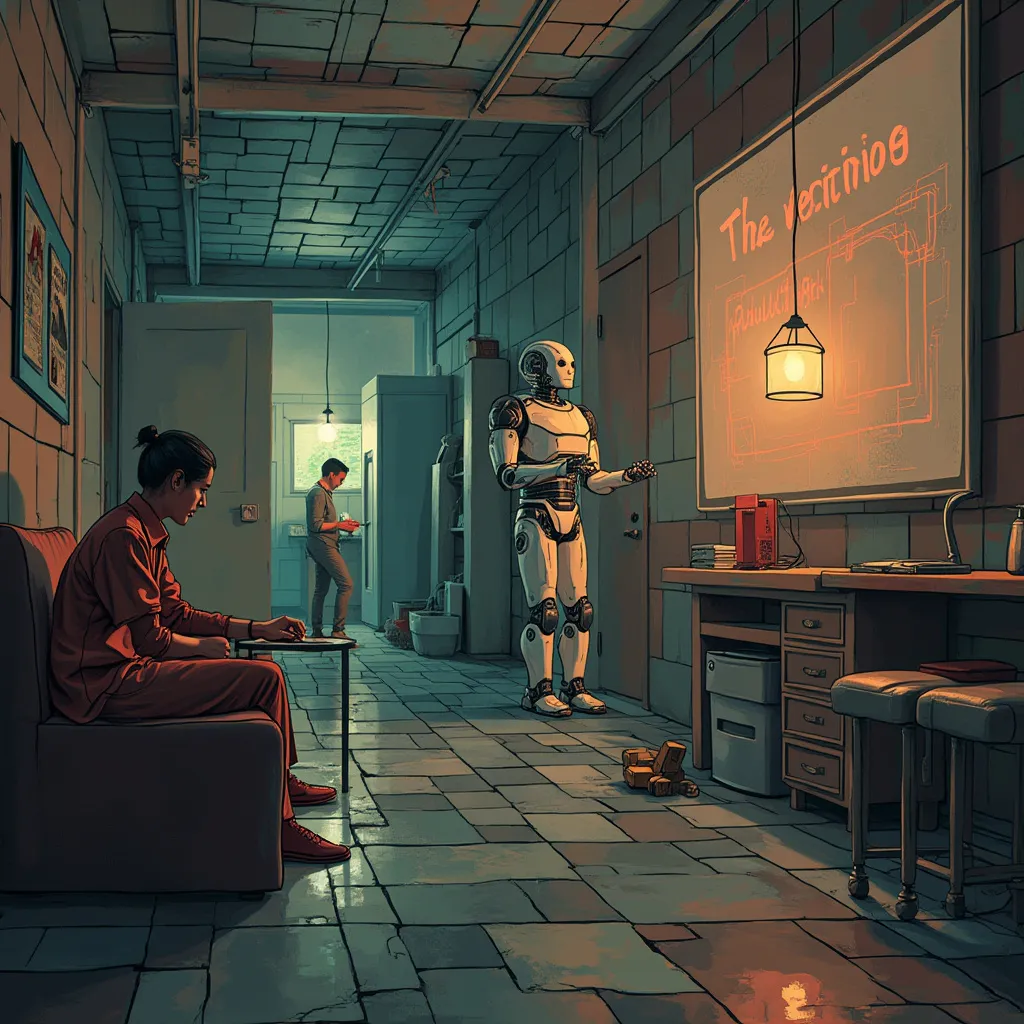
AI Hallucinations: Are Machines More Truthful Than Humans?
In a surprising revelation at Anthropic’s inaugural developer event, Code with Claude, CEO Dario Amodei made a bold claim about the reliability of artificial intelligence. According to Amodei, today’s AI models are less prone to ‘hallucinations’ – generating false information and presenting it as fact – than their human counterparts.
Understanding AI Hallucinations
AI hallucinations have been a significant concern in the tech world, often cited as a reason for caution when relying on AI-generated content. However, Amodei’s statement challenges this perception, suggesting that AI might be more trustworthy than we think.
The Human Factor
This comparison between AI and human reliability raises intriguing questions about our own cognitive processes. Are humans more susceptible to false beliefs and misinformation than we realize? This perspective aligns with recent psychological research on cognitive biases and memory distortion.
Implications for AI Development
If Amodei’s assertion holds true, it could have far-reaching implications for AI development and implementation. It might accelerate the adoption of AI in critical fields such as medicine, law, and finance, where accuracy is paramount.
However, it’s crucial to approach this claim with a balanced perspective. While AI may excel in certain types of information processing, human intuition and contextual understanding remain unparalleled in many scenarios.
The Future of AI Reliability
As AI technology continues to evolve, we can expect further improvements in its reliability. Tools like the Website SEO Optimizer and Text Proofreading assistants are already demonstrating the practical applications of AI in enhancing human work.
The ongoing dialogue between AI capabilities and human cognition promises to shape the future of technology and our understanding of intelligence itself. As we navigate this new terrain, it’s essential to remain both optimistic about AI’s potential and critical in our evaluation of its performance.
Conclusion
Amodei’s statement at the Code with Claude event has undoubtedly sparked a fascinating debate in the tech community. As we continue to explore the capabilities and limitations of AI, we must remember that both human and artificial intelligence have their unique strengths and weaknesses. The key lies in finding the right balance and leveraging the best of both worlds.
Comments
Continue reading
No results available
Reset
